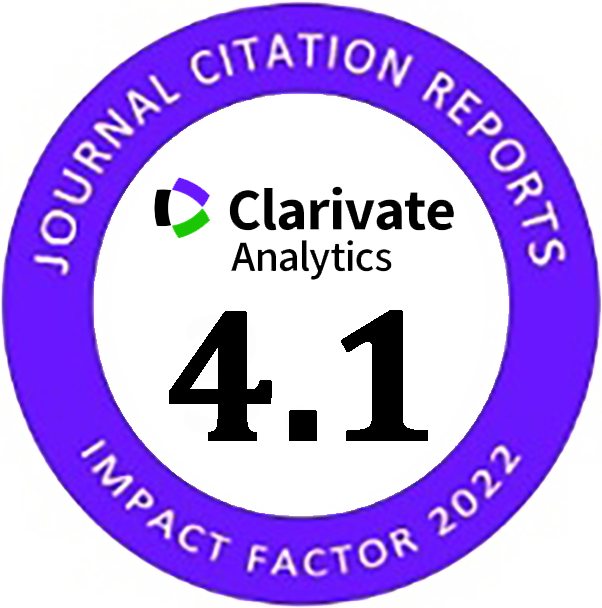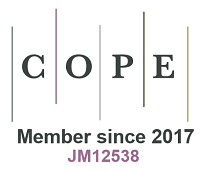Rural Tourism Entrepreneurship Survey with Emphasis on Eco-museum Concept
Abstract
Unemployment and scarcity of job opportunities count as major problems suffered in villages, especially by the youth. To this end, rural entrepreneurship, particularly in tourism and ecotourism sector, may contribute to the growth of rural economy through strategic and forward-looking planning along with other factors. Innovation and creativity are turning into one of the essential ingredients of continued development. Rural museums, such as “Eco-museum”, are one of the measures taken with regard to protecting various material and spiritual phenomena resulting from traditional habitats. “Eco-museums” can be deemed as a project to support sustainability, and a significant factor for development of entrepreneurship and businesses, especially small- and medium-sized businesses. Espidan, a village in North Khorasan province of Iran, can exert such an effect and play such a role as an eco-museum. Through library resources and field studies, the present study attempts to examine the potentials of Espidan for strengthening its rural tourist properties and fulfilment of ecotouristic objectives in line with three main criteria: public contribution, exclusive eco-museum activities, and creating social, cultural and natural conditions (the determining the vital conditions for a place to evolve into an eco-museum). A study and evaluation of the recommended criteria in Espidan indicates that the village demonstrates considerable potentials for evolving into an eco-museum. As effective steps towards achieving continued development, practical solutions have been proposed for fulfilment of eco-museum objectives as such an evolution into an eco-museum can result in rural entrepreneurship.
Keywords
References
Steffen Korsgaard, Sabine Müller, and Hanne Wittorff Tanvig. “Rural entrepreneurship or entrepreneurship in the rural:between place and space.” (2015)International Journal of Entrepreneurial Behavior & Research: 5,6 doi:10.1108/IJEBR-11-2013-0205.
Roberta MacDonald, Lee Jolliffe. “CULTURAL RURAL TOURISM Evidence from Canada.” (April 2003) Elsevier Science Ltd. doi:10.1016/S0160-7383(02)00061-0.
Maia Lordkipanidze, Han Brezet, and Mikael Backman. “The entrepreneurship factor in sustainable tourism development.” Journal of Cleaner Production 13 (June 2005). doi:10.1016/j.jclepro.2004.02.043.
Seyed Hassan Motiee Langroudi, Mahre Nosrati. “Feasibility study of tourism development in rural areas from the viewpoint of tourists in the Kerganroud section of Talesh city.” (June 2011) Geography and Environmental Planning (Journal of Humanities Research, University of Isfahan). Volume 22, Number 1.
Katherine Dashper. “Rural Tourism:An International Perspective.” (2014): 1. Cambridge Scholars Publishing. doi:(10): 1-4438-6677-6.
Lourdes Molera, Isabel Pilar,and Alba ladejo. “Profiling Segments of Tourists in Rural Areas of South – Eastern Spain, Journal of Tourism Management.” (June 2007). Elsevier Ltd, doi:10.1016/j.tourman.2006.05.006.
Adrian-Liviu Scutariu, Carmen Nastase,and Mihai Popescu. “Perspectives of Sustainable Development of Tourism in the North-East Region of Romania.” (December 2016) Sustainability 2017. 9, 56. doi:10.3390/su9010056.
Aleksandra Terzić, Željko Bjeljac, Ana Jovičić,and Ivana Penjišević. “Cultural Route and Eco-museum Concepts as a Synergy of Nature, Heritage and Community Oriented Sustainable Development Eco-museum „Ibar Valley“in Serbia.” (June 2014): 3&4. European Journal of Sustainable Development. Doi: 10.14207/ejsd.2014.v3n2p1.
Peter Davis. “Eco-museum A Sense of Place.” (2011) Continuum International Publishing Group. ISBN 978-1441-15744-7.
Kazuoki Ohara. “The Image of 'Ecomuseum' in Japan.”(April 1998) Pacific Friends, Jijigaho-sha.
Christopher Gunter. “Eco-museums: Challenging Temporality through. Community Reappropriation.” (Oct 2017) The Journal of Arts Management. doi:10.1080/10632921.2017.1320617.
P. Miryousefi. “Rural eco-museums: tourism development based on sustained development models.” (2010) the Sustainable World, WIT Transactions on Ecology and the Environment. doi:10.2495/SW100621.
Katarzyna NEGACZ, Anna PARA. “The eco-museum as a sustainable product and an accelerator of regional development. The case of the Subcarpathian Province.” (March 2014):52&53. Economic and Environmental Studies. ISSN electronic version 2081-8319. https://www.researchgate.net/publication/272020981.
Zhen-Hui Liu, Yung-Jaan Lee “A Method for Development of Ecomuseums in Taiwan” (September 2015). Sustainability 2015. doi: 10.3390/su71013249.
DOI: 10.28991/cej-0309181
Refbacks
- There are currently no refbacks.
Copyright (c) 2018 Mojgan Ghorbanzadeh

This work is licensed under a Creative Commons Attribution 4.0 International License.






